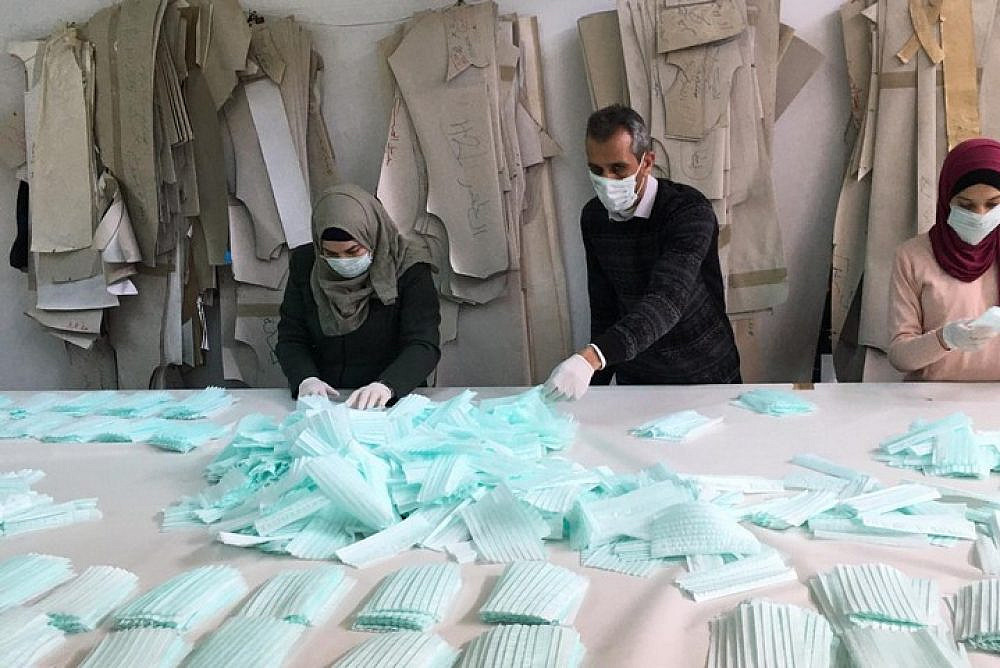- Dec 6, 2009
- 77,670
- 4,168
- 1,815
- Thread starter
- #15,161
RE: Palestine Today
⁜→ et al,
BLUF: • Annex 1, Charter of the League of Arab States 1945 •
Excerpt:
(1) Annex Regarding Palestine Since the termination of the last great war the rule of the Ottoman Empire over the Arab countries, among them Palestine, which bad become detached from that Empire, has come to an end. She has come to be autonomous, not subordinate to any other state. The Treaty of Lausanne proclaimed that her future was to be settled by the parties concerned. However, even though she was as yet unable to control her own affairs, the Covenant of the League (of Nations) in 1919 made provision for a regime based upon recognition of her independence. Her international existence and independence in the legal sense cannot, therefore, be questioned, any more than could the independence of the other Arab countries. Although the outward manifestations of this independence have remained obscured for reasons beyond her control, this should not be allowed to interfere with her participation in the work of the Council of the League. The states signatory to the Pact of the Arab League are therefore of the opinion that, considering the special circumstances of Palestine and until that country can effectively exercise its independence, the Council of the League should take charge of the selection of an Arab representative from Palestine to take part in its work.
(COMMENT)So, where is that treaty between those two states?
Link?
As you can see from the BLUF, even the "ARAB LEAGUE" questions the nature of "Palestine." The members of the Arab League are bound together by Charter as if it were a Treaty. This is similar to the relationship between the members of the UN and the Charter.
The question is: "Can Palestine and until that country can effectively exercise its independence?" I think after seven decades, the answer is a categorical "NO."
Most Respectfully,
R
Indeed, military occupation.Although the outward manifestations of this independence have remained obscured for reasons beyond her control,


